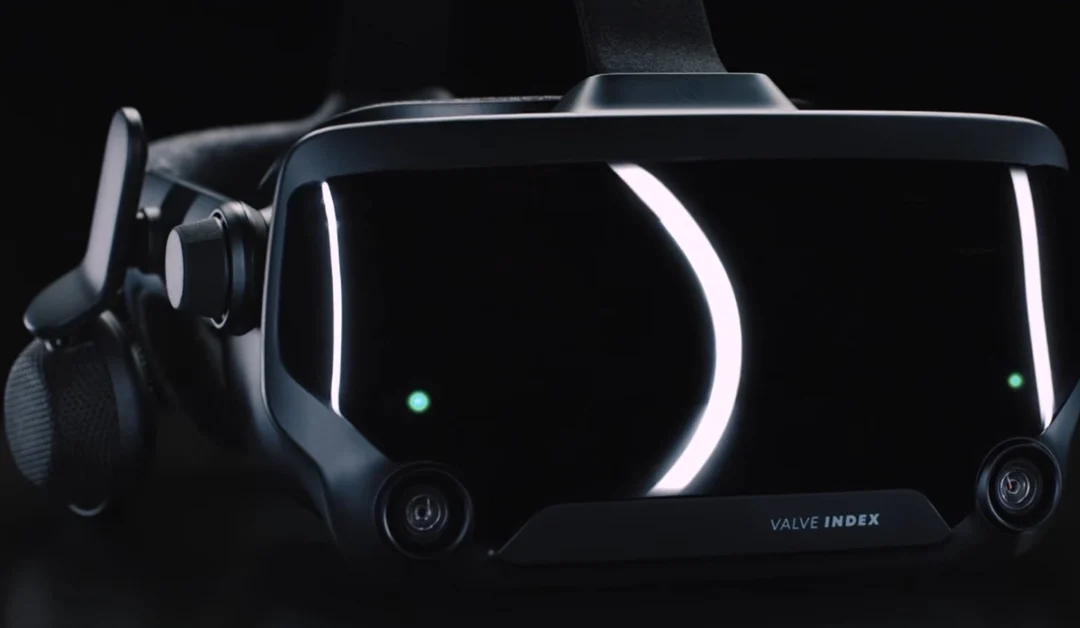It feels like forever since Valve introduced the Valve Index headset back in 2019. Although it was a powerful VR device, its high price tag raised some eyebrows. Even now, the Index remains a favorite among VR enthusiasts, but it’s starting to show its age. Enter the Valve Deckard.
Since 2021, whispers about a new headset from Valve have been circulating. However, Valve is known for its tight-lipped approach, leaving us with more questions than answers. We’ve caught glimpses of the Deckard through leaked designs in 2022 and some controller specs that surfaced in late 2024.
So, what’s the buzz about the Valve Deckard? It looks like it will be a standalone headset, meaning no tethering to a computer like the Index. This should come with its own processor and battery, likely powered by a Qualcomm Snapdragon chip, which is becoming the standard for high-end headsets.
When the first rumors hit, many thought the Deckard would go head-to-head with the Meta Quest 2. However, the VR landscape has shifted dramatically since then, with new contenders like HTC and Pico entering the fray. As a result, the Deckard might turn out to be quite different from what we initially expected.
Early prototype images suggest a design reminiscent of the Index, featuring a prominent front visor and a sturdy headband. Unfortunately, those leaks didn’t reveal much about the materials or specs. Unlike tech giants like Apple or Samsung, Valve hasn’t given us a clear picture of what to expect from the Deckard.
There’s a lot of speculation around its graphics and sound quality, with hopes that it will be compatible with games from the Steam library. Given that it’s standalone, we’re anticipating a powerful processor and solid battery life. Fans are also hoping it retains some of the features that made the Index a hit, like precise tracking and built-in cameras for mixed reality experiences.
One big question mark remains over the displays. The Index used Fresnel lenses, but as those are becoming outdated, Valve might switch to something like Micro OLED displays to keep up with the competition.
On the controller front, Brad Lynch, a respected voice in the VR community, discovered references to a new “Roy” controller in Valve’s code, suggesting they’re moving toward production. These controllers appear to be inspired by the Meta Quest 3, featuring a more comfortable design and ditching the tracking rings.
The Roy controllers could sport a gamepad layout, making them more suitable for traditional gaming. There’s even talk of touch-sensitive buttons for advanced tracking, and they might include eye-tracking capabilities, which would enhance interactivity.
As of now, we’re in the dark about the release date for the Valve Deckard or whether it will have all the features hinted at in leaks. However, Valve seems invested in the XR market. A designer hinted in 2023 that they’re working on an XR device.
While we wait for more information, it’s clear that Valve has the expertise to create a top-notch headset. They have the production know-how and solid software support, which is a hurdle many companies face.
At this point, we’re mostly left speculating. If Valve aims to compete with heavyweights like Meta and Apple, they’ll need to get creative. Strong controllers, wireless PC streaming, and eye-tracking features would all help. Keeping the price in check will be crucial too, as consumers aren’t eager to break the bank for a new gadget.
For now, we’ll keep our eyes peeled for updates. Stay tuned for more news as it unfolds!

